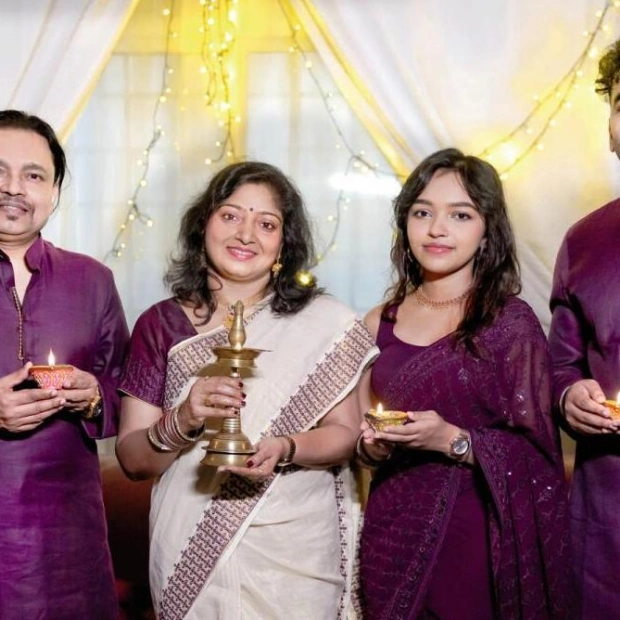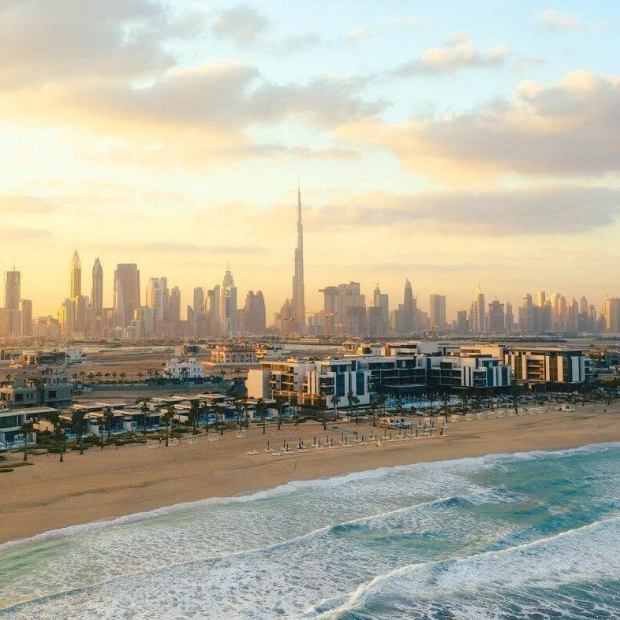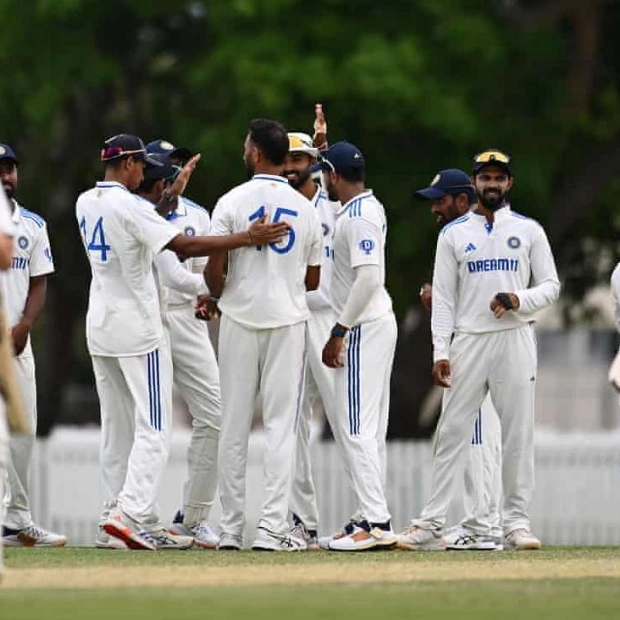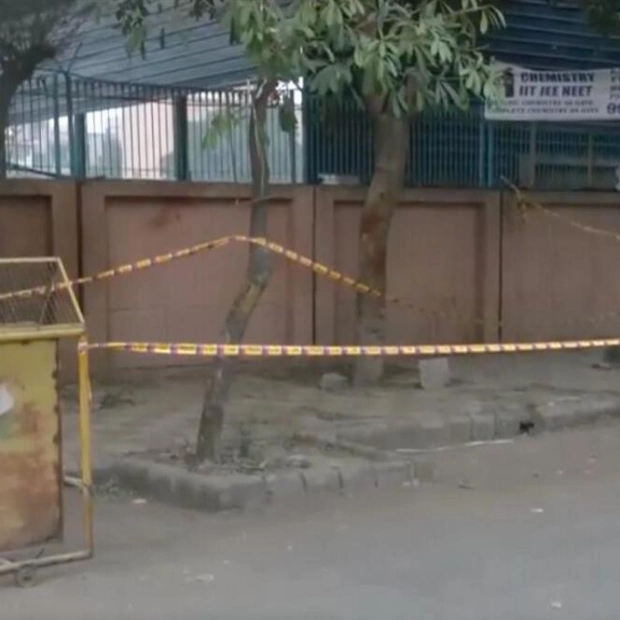In the capital of Afghanistan, shop windows showcase dazzling ball gowns and three-piece wedding suits, each mannequin's face concealed. According to a clothing seller in Kabul, the morality police have requested that stores obscure the mannequins' faces and model photographs. 'It makes the display a bit ugly,' remarked the 22-year-old, though it 'doesn't affect sales.' Upon the Taliban's return to power in August 2021, they enforced a strict interpretation of Islamic law, including a ban on depicting human faces. 'The environment must be Islamic,' the Kabul salesman stated, requesting anonymity out of fear of retribution. Evening dresses for women, in vibrant colors with exposed shoulders or deep necklines and adorned with sequins, are purchased for private events like gender-segregated weddings or engagements. The mannequins modeling these dresses have their heads wrapped in plastic, foil, or black bags. 'Later, they might order that the arms are also covered in plastic,' the salesman speculated. Other shops feature traditional Afghan wedding gowns with voluminous skirts and detailed embroidery. The Taliban government mandates that women fully cover themselves in public. In Kabul's shopping district, women were observed wearing abaya robes and medical masks to cover their faces. Following the January 2022 ban on depicting human faces, religious police in Herat decapitated mannequins by severing their heads. This rule is now enforced nationwide by teams from the Ministry for the Propagation of Virtue and the Prevention of Vice, who, dressed in long white jackets, visit Kabul's stores multiple times weekly. In a multi-story Kabul shopping center, mannequins' heads are predominantly covered by plastic bags or wrapped in foil. 'In some areas, the 'Vice and Virtue' visit on certain days, so (the shopkeepers) cover and then uncover the faces of the mannequins,' explained Popalzai, a shopkeeper using a pseudonym. 'But here, there are between three and six guys who come two or three times a week. They check from a distance, they are much softer than before,' added the shopkeeper, who lived through the Taliban's first regime from 1996 to 2001. At his store's entrance, male mannequins in Western attire like jeans or three-piece suits, which the Taliban discourages, are all hooded, with one sporting sunglasses. Customers and sellers appear unaffected by the eerie, headless figures. 'There are more serious problems,' noted another shopkeeper, referring to the harsh economic conditions and restrictions on women's education and work. 'This is not very important for Afghan people,' he concluded. 'We make do with it.'
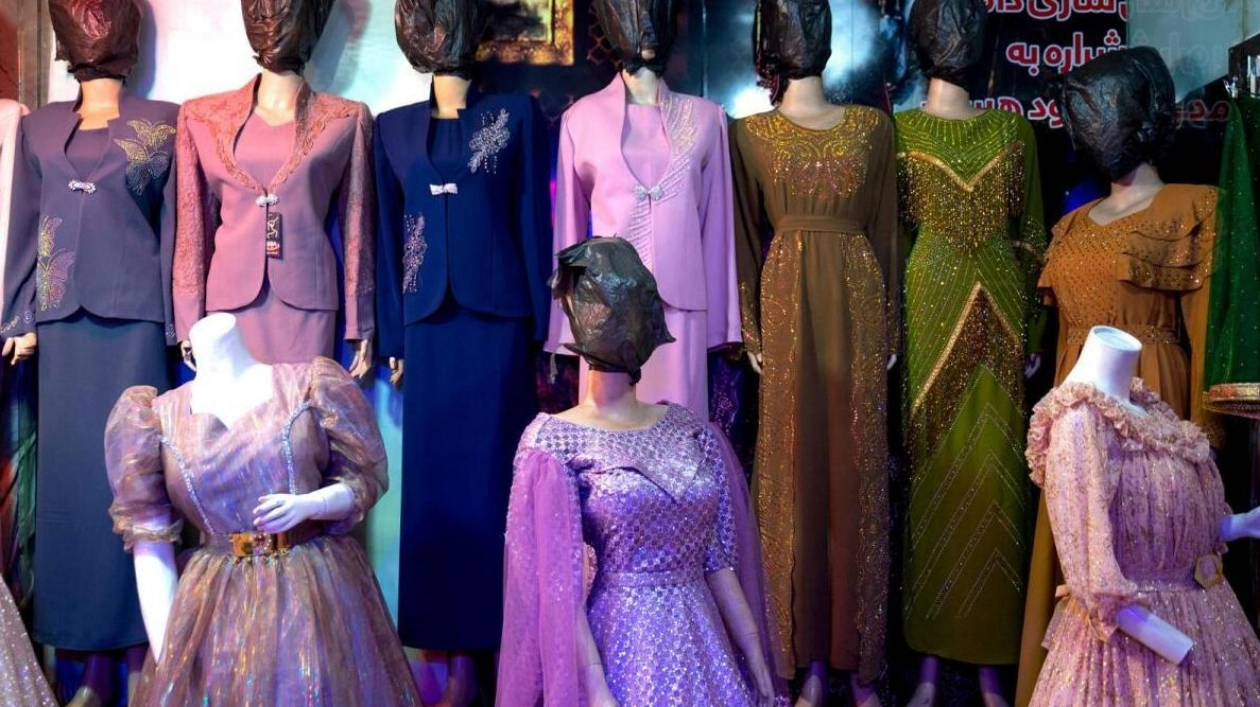
Text: Lara Palmer
12.08.2024
Taliban's strict interpretation of Islamic law leads to covered mannequins in Kabul stores
